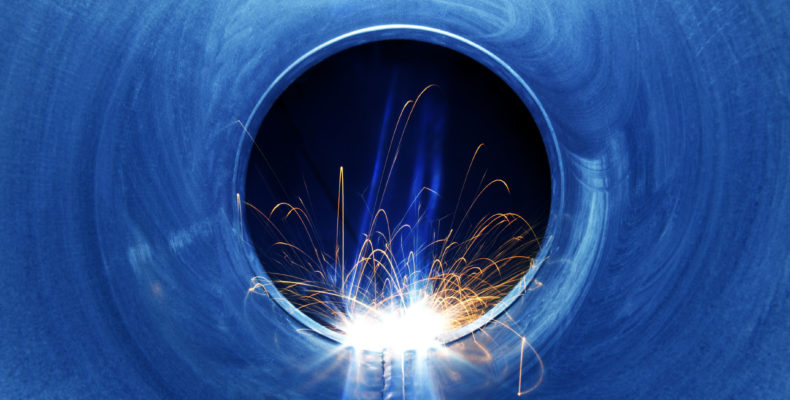
Crisis Innovation: How companies are innovating to help fight coronavirus
The coronavirus crisis has brought unprecedented global challenges to the labs and shop floors of technology companies. Measures put in place by governments to slow the spread of the virus have made production for some companies impossible, and sales of products that cannot be ‘click-and-collected’ are struggling. The UK new car market, for example, fell by a staggering -97.3% in April. However in the face of this adversity, for the time being, many companies have set aside sales and production targets and turned instead to utilising their scientific and engineering capabilities to help in the fight against the virus. Even in these somewhat desperate and uncertain times, innovation marches on.
Although Intellectual Property (IP) may be on the back burner, it is worth taking a moment to appreciate the part it has played in bringing us the technology currently being utilised in the fight against coronavirus. IP is an integral part of the innovation process; a process which has recently been applied brilliantly across the world to save lives.
Mercedes-AMG High Performance Powertrains and UCL have worked together to develop the UCL-Ventura breathing aid. The UCL-Ventura is an example of a continuous positive airway pressure (CPAP) device which creates a pressure differential, using a face mask, keeping a patient’s airway continually open and improving the delivery of oxygen to the lungs. The first CPAP device was invented and patented (see WO8203548) in the early 1980s by Dr Colin Sullivan as a treatment for sleep apnoea. The device was commercialised by Philips Respironics shortly afterwards as the WhisperFlow and it is this version of the device that is used by the NHS today. The WhisperFlow is no longer covered by any patents, allowing Mercedes and UCL to reverse engineer the device and manufacture their own version. Machines normally used to produce F1 pistons and turbochargers were used to produce the first batch of the UCL-Ventura. It is arguable that had Dr Sullivan not been granted his original patent, Philips Respironics may not have been as enthusiastic about developing the WhisperFlow, and Mercedes and UCL may not have had a product to base the UCL-Ventura on today.
Taking a different approach to that of Mercedes and UCL, Dyson has recently developed its own ventilator design from scratch. The company had the same option of reverse engineering the WhisperFlow; however, it faced bottlenecks in the supply chain which meant that this was not practical. No doubt that Dyson fully utilised its innovation capabilities, which has resulted in thousands of patents over a number of decades, to solve these problems.
We have not just seen innovation emerging from the big companies. Avi Schiffmann, a 17-year-old who taught himself to code from YouTube videos, has developed ncov2019.live; an online platform which accumulates data to provide accurate and up to date information on the virus. Such information is vital to policymakers faced with tackling the crisis. Perhaps once this is all over, Avi will look to transfer what he has learnt developing ncov2019.live into any number of products which could be commercialised with the help of patents.
Mercedes and UCL have made the IP surrounding the UCL-Ventura freely available, and companies producing equipment for the NHS are likely to be protected against any potential infringement action by the ‘Crown use’ exemption. Under this exemption (see Section 55 of the UK Patents Act 1977), the Government may grant a manufacturer the right to produce a product protected by a patent to be used by the Crown and may compensate the patent owner accordingly. To date, the courts have dealt with the Crown use exemption only on rare occasions; however, the Government has indicated that it is ready to exercise such powers if necessary, to allow the supply of vital equipment to the NHS.
It may seem like Intellectual Property (IP) has lost some relevance in recent months. But unlike innovation, this crisis will end; IP will once again play its part in protecting and driving future ingenuity, and ultimately help our global recovery.
If you would like to discuss this subject further, please do not hesitate to contact the author or your usual Barker Brettell attorney.



